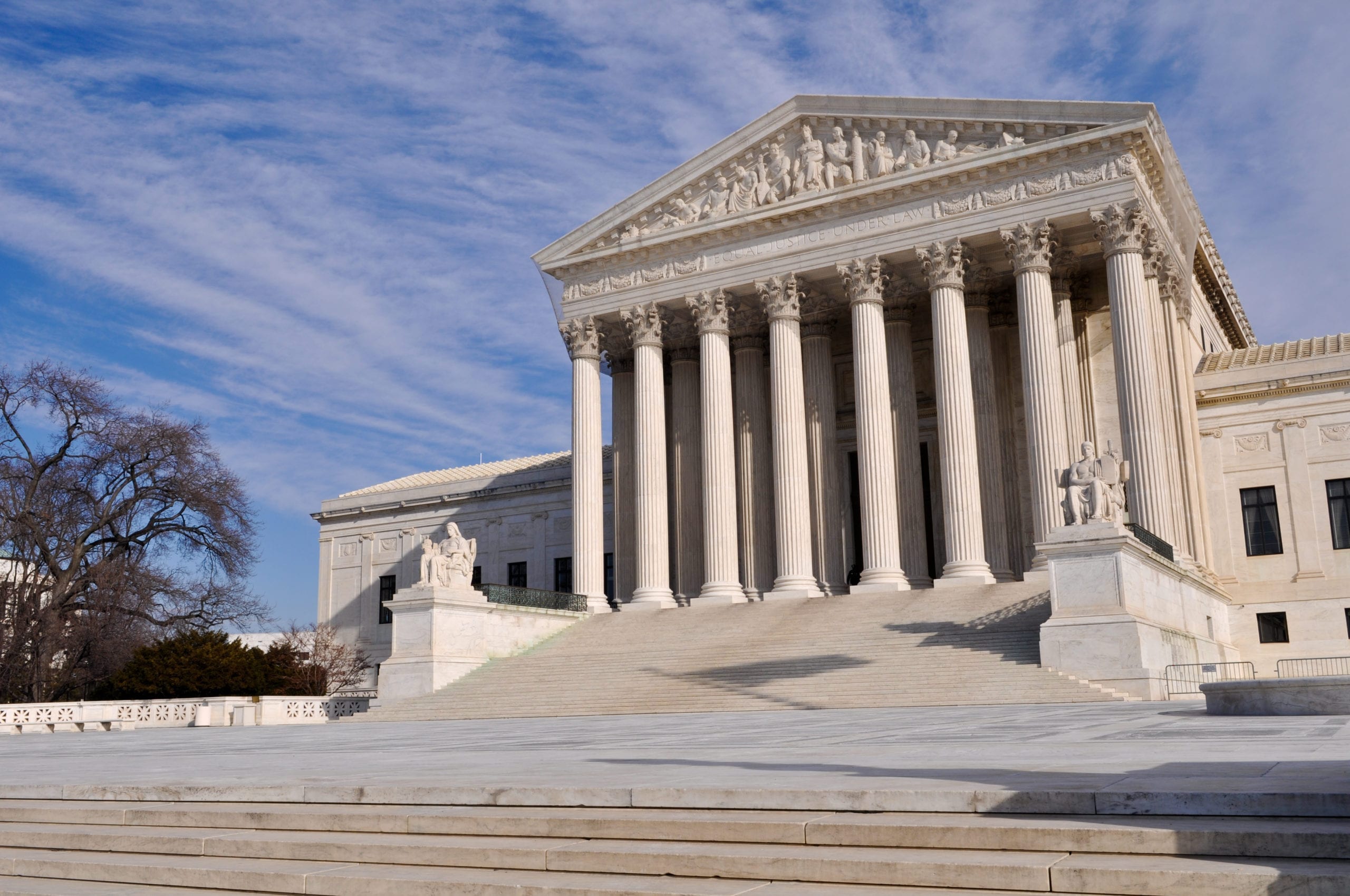An inheritance dispute can be litigated in Federal court if:
- The matter does not attempt to probate a will, annul a will, or dispose of property controlled by a state probate court;
- Federal jurisdiction exists to hear the dispute; and
- The dispute is not barred from being heard in federal court under an abstention or related doctrine.
Read the comprehensive guide: Federal litigation of inheritance disputes. Here is a quick summary of how to litigate an inheritance dispute in federal court:
In Marshall v. Marshall, the Supreme Court provided a definition to the Probate Exception to federal litigation of a probate dispute, wherein it stated as follows:
[T]he probate exception reserves to state probate courts the probate or annulment of a will and the administration of a decedent’s estate; it also precludes federal courts from endeavoring to dispose of property that is in the custody of a state probate court. But it does not bar federal courts from adjudicating matters outside those confines and otherwise within federal jurisdiction.
So long as the inheritance dispute does not too-closely touch on a traditional probate matter, a federal court might hear the dispute.
Clearly barred by the Probate Exception would be:
- The probate of a will
- The annulment of a will
- Determining beneficiaries of a will
- Appointment and removal of a personal representative
Disputes clearly not barred by the Probate Exception would be:
- The validity of an inter vivos trust
- The validity of a pay on death designation for a bank account
- The validity of a beneficiary designation for a life insurance policy
How to obtain federal jurisdiction over an inheritance dispute?
Assuming the dispute is not barred from federal court pursuant to the Probate Exception, federal jurisdiction needs to be obtained.
- Diversity jurisdiction is obtained when all plaintiffs are citizens of a different state than all defendants. A federal district court has the ability to align the plaintiffs and the defendants with their interests. Learn more about the Realignment Doctrine.
- The dispute needs to concern an amount greater than $75,000.
What can prevent a federal court from hearing an inheritance dispute?
- The Younger Abstention Doctrine prevents a federal court form taking a matter that interferes with actions being undertaken by a state agency.
- The Colorado River Abstention Doctrine allows a federal court to dismiss a case when a concurrent state proceeding provides a more appropriate forum.
- The Rooker-Feldman Doctrine holds that lower United States federal courts, i.e., courts other than the United States Supreme Court, should not sit in direct review of state court decisions, absent a specific jurisdictional grant of legislative authority.
- The Princess Lida Doctrine applies to divest a federal court of jurisdiction when (1) the litigation in both the first and second fora are in rem or quasi in rem in nature, and (2) the relief sought requires that the second court exercise control over the property in dispute and such property is already under the control of the first court.
Learn more: Federal litigation of inheritance disputes.








